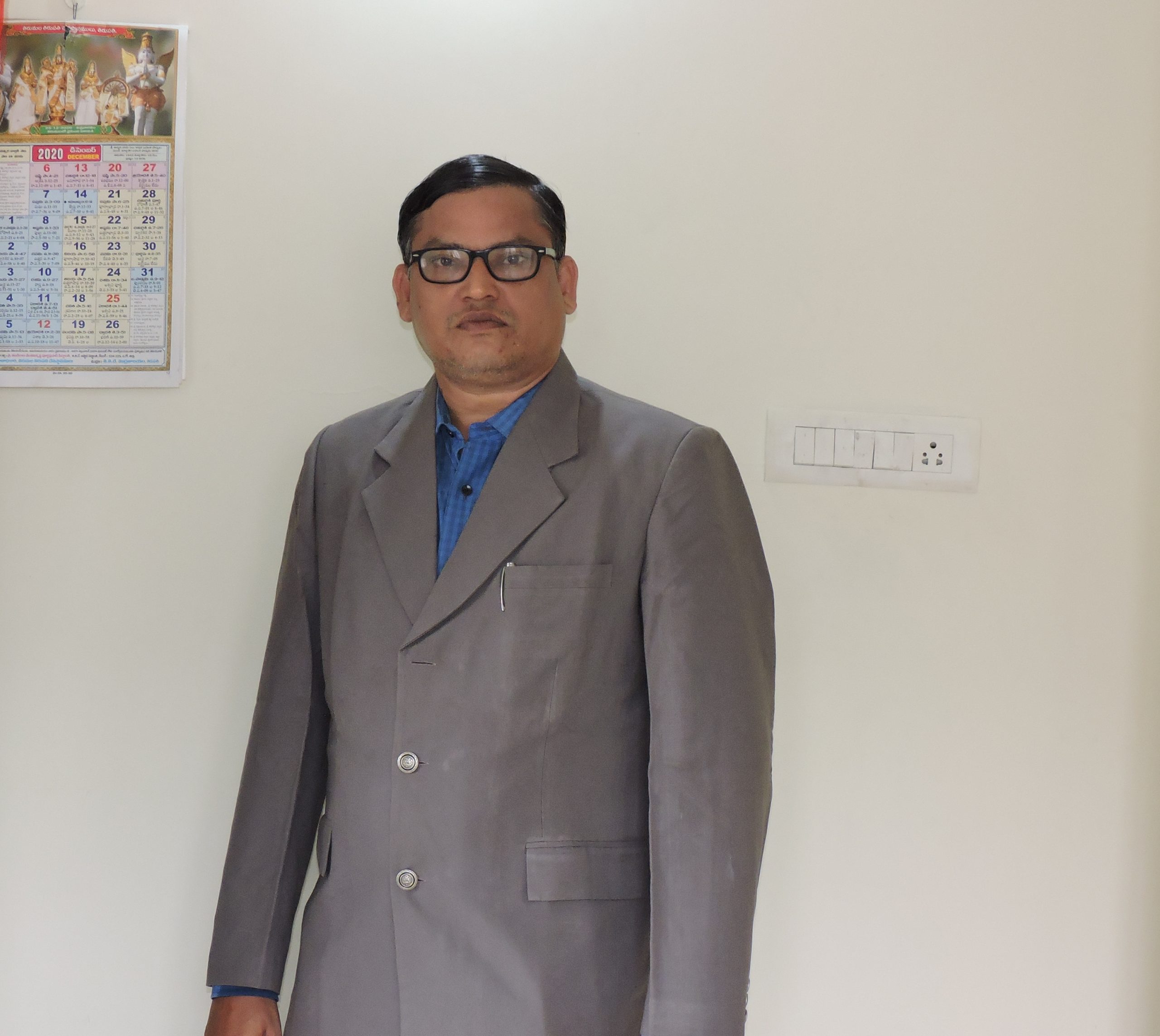Public Relations Day in India, observed annually on April 21st, serves as a moment to recognize the vital role PR professionals play in shaping narratives, building trust, and navigating the complex communication landscape of the world’s largest democracy. This comprehensive analysis explores both the significant challenges facing India’s PR industry and its remarkable success stories that demonstrate the profession’s evolution and growing strategic importance.
The Significance of National PR Day in India Established in 1986 by the Public Relations Society of India (PRSI), National PR Day commemorates April 21, 1968, when PRSI held its first National Conference in Delhi and adopted the International Code of Ethics from the International Public Relations Association’s Code of Athens. This day recognizes PR professionals as the “invisible voice behind every brand” – the architects of reputation, crisis managers, and bridge-builders between organizations and society.
The 2025 theme, “Trust, Transparency, and Technology: The New Age of Public Relations,” reflects the sector’s digital transformation and the growing demand for data-driven strategies combined with ethical communication. Celebrations across India include panel discussions with industry leaders, PR awards, workshops for students, campaign launches, and industry visits – all highlighting the profession’s expanding scope.
Major Challenges Facing India’s PR Industry
- Digital Integration and Information Overload
The PR sector’s most pressing challenge involves successfully integrating traditional and digital strategies while combating information overload. The digital revolution has transformed PR from being primarily about press releases to encompassing digital PR, crisis communications, and policy communications 4. Professionals must now master SEO techniques, social media algorithms, and content marketing while maintaining traditional media relationships 1. The rapid pace of digital change requires constant upskilling, as platforms evolve and audience behaviors’ shift.
- Stakeholder Management in a Diverse Landscape
India’s complex business environment demands nuanced stakeholder engagement across government bodies, investors, consumers, and communities. PR professionals face the challenge of crafting culturally sensitive messaging that resonates across India’s linguistic diversity (with numerous regional media outlets) and socioeconomic spectrum 1. Building trust has become particularly difficult in an era of growing public skepticism, requiring unprecedented levels of transparency and authenticity in communications.
- Misinformation and Crisis Management
The proliferation of fake news and misinformation presents an existential threat to brand reputations. PR teams must maintain constant vigilance, monitoring digital spaces for false narratives while developing rapid response protocols. The rise of “cancel culture” means reputations built over decades can be damaged overnight, requiring PR professionals to act with both speed and strategic precision.
- Measurement and ROI Demonstration
Quantifying PR impact remains an industry challenge. While metrics like media coverage and social engagement provide some insight, connecting PR efforts directly to business outcomes requires sophisticated tools combining sentiment analysis, brand perception surveys, and customized KPIs. This measurement gap can hinder PR’s ability to secure executive-level support and budget allocations.
- Talent Development and Industry Recognition
Despite its growing importance, PR still struggles with perception issues – often being misunderstood as merely “press release distribution” rather than the strategic reputation management function it has become. Attracting and retaining top talent requires addressing the profession’s stressful nature (consistently ranked among the top 10 most stressful jobs) while providing clearer career progression paths.
Success Stories and Industry Evolution
- From Support Function to Strategic Partner
One of the most significant success stories is PR’s elevation from a peripheral support function to a core strategic partner in organizational leadership. Communication leaders now regularly advise CEOs and boards, ensuring alignment between leadership vision and reputation-building efforts. During the COVID-19 pandemic, this strategic role became particularly evident as PR professionals helped organizations navigate unprecedented communication challenges .
- Digital Transformation and Omnichannel Approaches
The industry has successfully adapted to digital disruption, developing sophisticated omnichannel strategies that blend earned, owned, paid, and shared media. PR teams now leverage everything from influencer partnerships and podcasts to short-form videos and Twitter chats, demonstrating remarkable creativity in audience engagement. The pandemic accelerated this digital shift, with professionals rapidly adapting when traditional print media became inaccessible during lockdowns.
- Crisis Management Excellence
Indian PR professionals have demonstrated world-class crisis management capabilities, particularly during high-profile corporate scandals and the pandemic. The ability to provide steady guidance during difficult times has become a hallmark of the profession, with crisis communication now recognized as a specialized PR discipline. Professionals have developed robust protocols for rapid response, message consistency, and stakeholder reassurance during emergencies.
- Ethical Leadership and Trust Building
The PRSI’s longstanding emphasis on ethics (dating back to its 1968 adoption of the Code of Athens) has helped Indian PR professionals establish themselves as guardians of organizational integrity. In an era of dwindling public trust in institutions, PR’s commitment to transparency and authenticity has helped maintain credibility for both corporations and government entities.
- Nation-Building and Global Reputation Management
PR professionals have played a pivotal role in shaping India’s global image as an emerging economic powerhouse. From promoting India’s IT capabilities to showcasing its cultural heritage, PR efforts have supported foreign investment and tourism. Domestically, PR campaigns have addressed social issues from environmental concerns to mental health awareness, demonstrating the profession’s societal value beyond commercial interests.
The Road Ahead: PR in India’s Digital Future
As artificial intelligence transforms communication landscapes, PR professionals are positioning themselves as essential guides for ethical AI use. The industry must continue adapting to several emerging trends:
- AI Integration: Leveraging AI for media monitoring, sentiment analysis, and even content creation while maintaining human oversight for strategy and relationship-building.
- Hyper-Personalization: Using data analytics to deliver increasingly tailored messaging to micro-audiences across diverse platforms.
- Visual Storytelling: Embracing video content and immersive technologies as primary communication tools, particularly for reaching younger demographics.
- Purpose-Driven Communication: Aligning organizational messaging with societal values and sustainability goals to meet growing consumer expectations.
- Continuous Learning: Establishing robust professional development programs to keep pace with technological change and evolving best practices.
The PR industry’s future success will depend on balancing technological adoption with the human elements of trust-building and ethical communication that remain at the profession’s core 10.
Conclusion
National Public Relations Day serves as both a celebration and a reminder of the PR profession’s growing responsibilities in India. From navigating digital disruption to combating misinformation and elevating organizational reputations, PR professionals face significant challenges. Yet their success stories – in strategic advisory, crisis management, and nation-building – demonstrate the field’s remarkable evolution and indispensable value.
As Mrinall Dey of MobiKwik noted in his National PR Day message, the profession’s future lies in “upholding the highest standards of transparency and integrity,” prioritizing authenticity, nurturing relationships, embracing innovation, and committing to lifelong learning 4.” In an increasingly complex information ecosystem, India’s PR professionals stand as vital stewards of truth, trust, and meaningful connection between organizations and the societies they serve.





